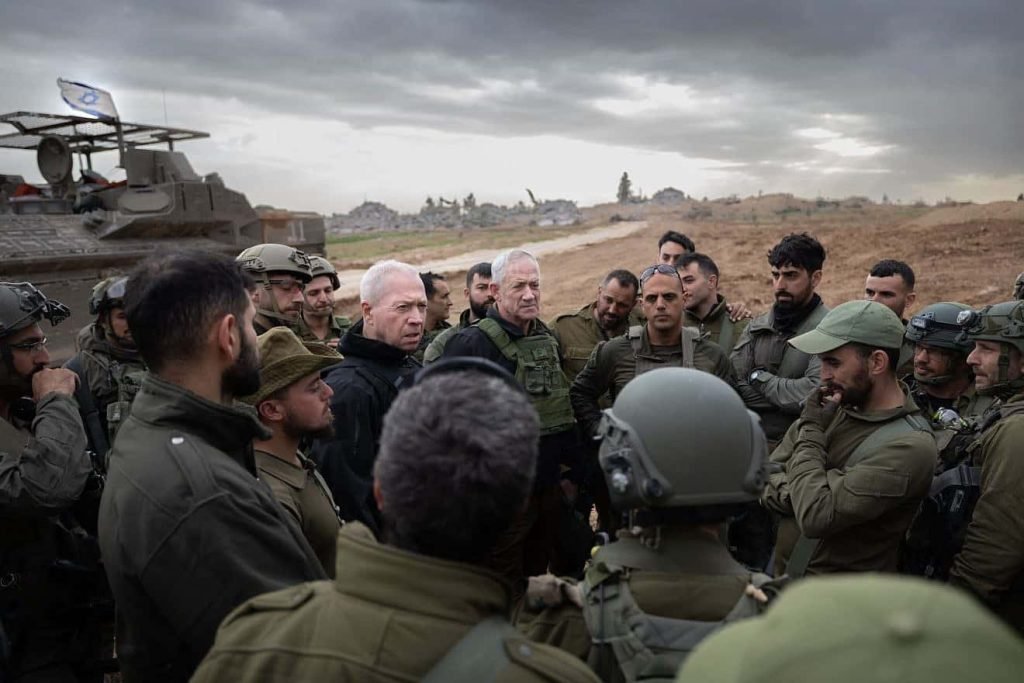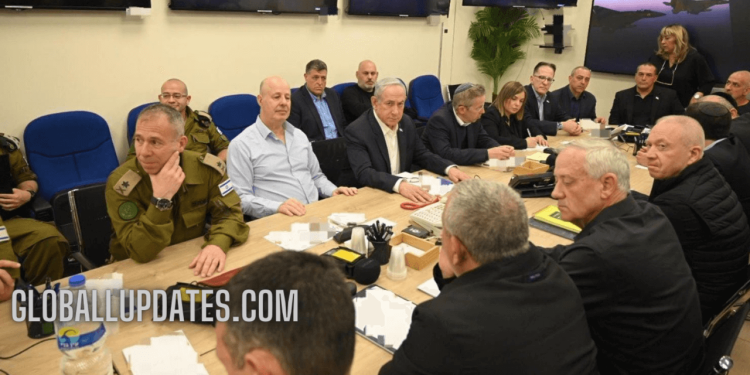On a tense night, Iran launched an unprecedented drone and missile attack on Israel, stirring significant international attention and concern. Despite the severity of the attack, the Israeli government has not disclosed its response plans, though global allies have urged restraint. Iran, on the other hand, considers the incident closed, signaling no further action.
Background of the Conflict
This incident is the latest in a long history of conflicts between Iran and Israel, characterized by proxy wars and direct confrontations. The attack was a retaliation for an Israeli strike on an Iranian consulate in Syria, escalating the regional tensions.
Details of the Iranian Attack
According to the Israeli military, the attack involved over 300 drones and missiles, targeting military and strategic locations across Israel. Remarkably, Israeli defense systems, with support from allies like the US, UK, and France, successfully intercepted most of the projectiles.
International Responses
World leaders quickly reacted, with figures like US President Joe Biden and British Prime Minister Rishi Sunak calling for moderation. Their statements reflect a complex balancing act, supporting Israel’s security while avoiding further escalation.
Israeli Government’s Deliberation
Israel’s war cabinet convened to discuss possible responses, with military leaders highlighting the need for a decisive but measured reaction. Lt Gen Herzi Halevi emphasized that the attack “will be met with a response,” although specifics were not provided.
Perspectives on Retaliation
David Petraeus, former CIA director, suggested that Israel has several asymmetric options that could serve as a deterrent without escalating tensions further. His insights underscore the delicate nature of military decision-making in such high-stakes scenarios.
- Balancing Act: U.S. Navigates Delicate Diplomacy Amid Iran-Israel Tensions
- On the Brink: Analyzing Israel’s Response to Iran’s Unprecedented Missile and Drone Attack
Economic and Global Implications
The potential for an escalated conflict poses risks to global markets, especially oil prices. The strategic importance of the Gulf region means that any increase in hostilities could disrupt global economic stability.
Military and Asymmetric Options
Israel’s technological advancements in military tactics might allow for a range of responses that could include cyber warfare or targeted strikes, designed to minimize wider conflict while asserting its defense posture.
Humanitarian Concerns
Despite the effective interception of most missiles and drones, the psychological and material impacts on Israeli civilians are significant. Discussions on casualty figures and damage assessments continue to influence public sentiment and international diplomacy.

US and UK Positions
Both the US and UK have expressed solid support for Israel’s right to defend itself, yet they have been cautious about endorsing or participating in any retaliatory strikes. The US, in particular, has emphasized pursuing a ceasefire that addresses broader regional stability.
The Role of Allies and Other Nations
European allies, notably France, have echoed calls for restraint, offering diplomatic and logistical support to de-escalate the situation. These nations play a crucial role in mediating tensions and potentially facilitating peace negotiations.
Public and Political Reactions
Inside Israel, public opinion is polarized, with many demanding strong retaliation against Iran, while others fear the repercussions of an intensified conflict. Politically, the situation presents significant challenges for Prime Minister Netanyahu’s administration.
Future Predictions and Analysis
Experts suggest that while immediate retaliation may satisfy domestic and emotional demands for retribution, the long-term strategy should aim at stabilizing the region. The international community’s role will be pivotal in shaping the outcome.
Conclusion
As Israel contemplates its next moves, the international community watches closely, hoping that strategic decisions will favor peace and stability over further escalation. The days ahead will be crucial in determining the trajectory of Middle Eastern politics and global economic impacts.














































